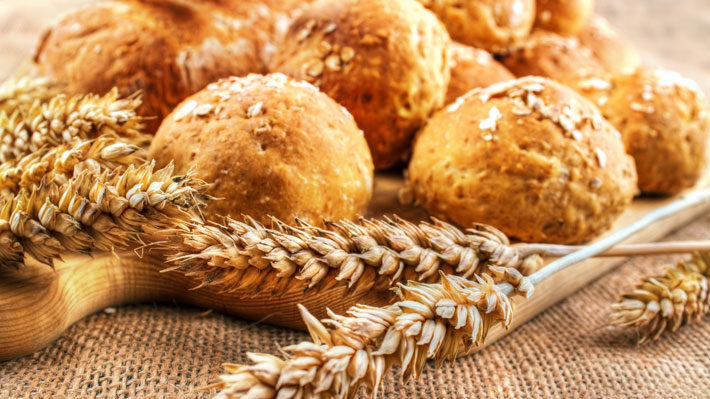
Is Gluten Bad for Your Teeth?
If you’ve heard anything about gluten in the last few years, there’s a good chance that what you’ve heard was anything but positive. As the media has presented one frightening report after another about the hidden dangers of gluten, many people have changed their diets to ensure that they limit their gluten intake. An entire cottage industry of gluten-free products has emerged as well, as clever marketers have moved to capitalize on these new fears. Many dental patients have also become alarmed as they learned that gluten could impact dental health for some people. So, what’s the truth here? Is gluten actually bad for your teeth?
What is Gluten?
First of all, it’s important to understand what gluten actually is – especially when you consider that it is something that has only recently come to most Americans’ attention. Gluten is a specific type of protein that can be found in various grains, including wheat. It is a naturally occurring protein, and provides bread with its texture. In other words, gluten has been a part of humanity’s diet for thousands of years. We should stress that point, because some of the rhetoric about gluten might lead some to think that this is another one of those man-made compounds that we hear so much about. It’s not.
So What’s the Problem?
Of course, the fact that gluten occurs naturally in grain doesn’t mean that it can’t pose problems for some people. There are a couple of identifiable medical conditions that can cause people to have negative reactions to gluten. The most notable of these is something called Celiac disease – a condition that impact an estimated 2 million Americans, and which disrupts the body’s ability to absorb and make use of nutrients. Another 18 million Americans have gluten sensitivity, which can lead to stomach problems and other health issues.
For those Americans, gluten can also impact dental health. Studies of gluten’s impact on the teeth and gums have revealed that it can cause discoloration of the teeth and damages tooth enamel over time. It can also increase the risk of inflammation in the gums, lead to an increase in canker sores, and even cause chronic bad breath.
In other words, for gluten can be harmful to teeth if you’re one of the roughly 6% of Americans who suffer from gluten sensitivity or Celiac disease. For the other 94% of the population, however, this protein shouldn’t pose any risk to your teeth and gums at all. Just continue to focus on a balanced diet that is rich in whole foods, and keep up with your oral health hygiene routine.
At Ebenezer Dental, we are happy to be part of your dental care routine, with regular screenings and maintenance to help ensure that your teeth and gums remain healthy and attractive throughout your life. If you suffer from Celiac disease or gluten sensitivity and would like to know more about its potential impact on your teeth and gums, be sure to contact the best dentist in Midtown Manhattan today!

